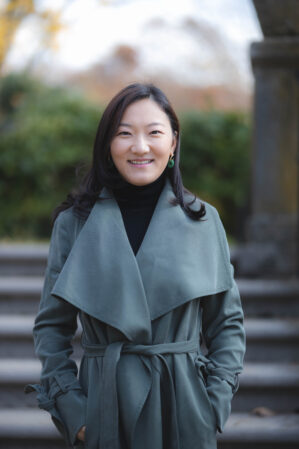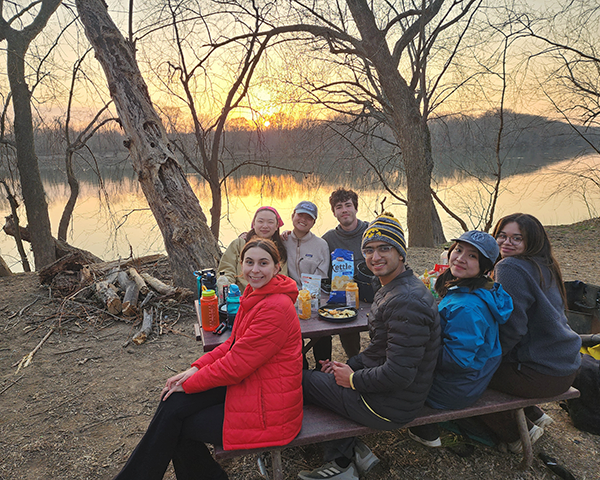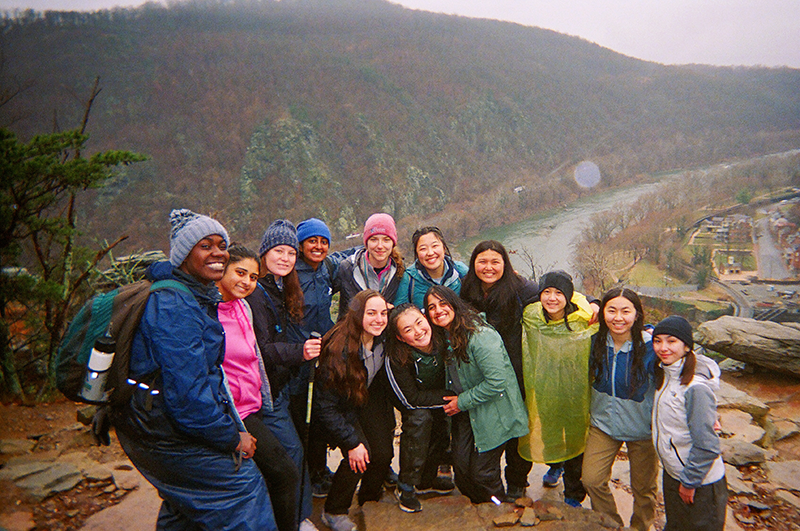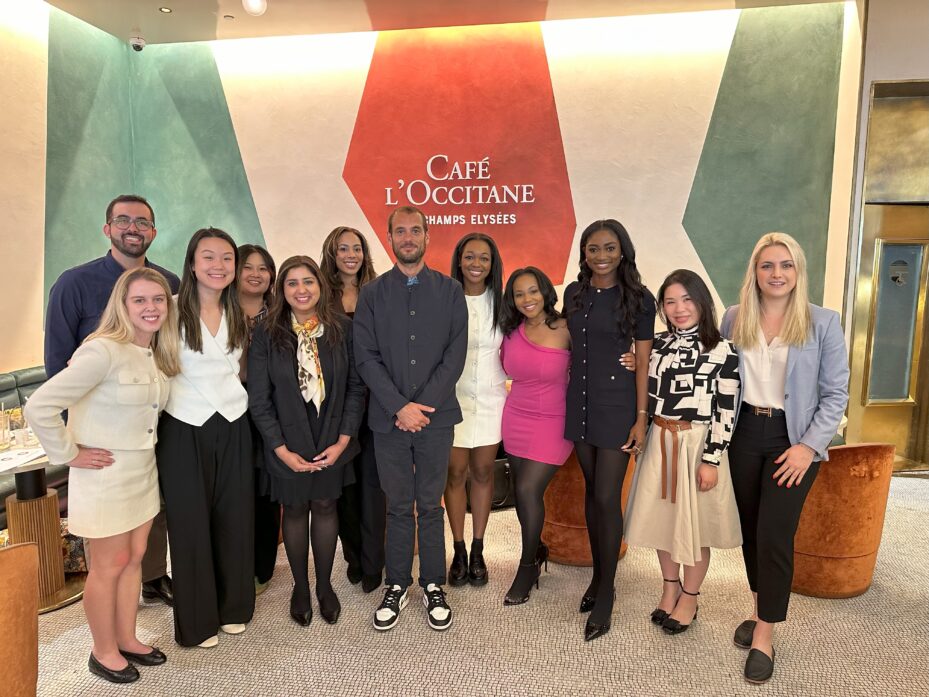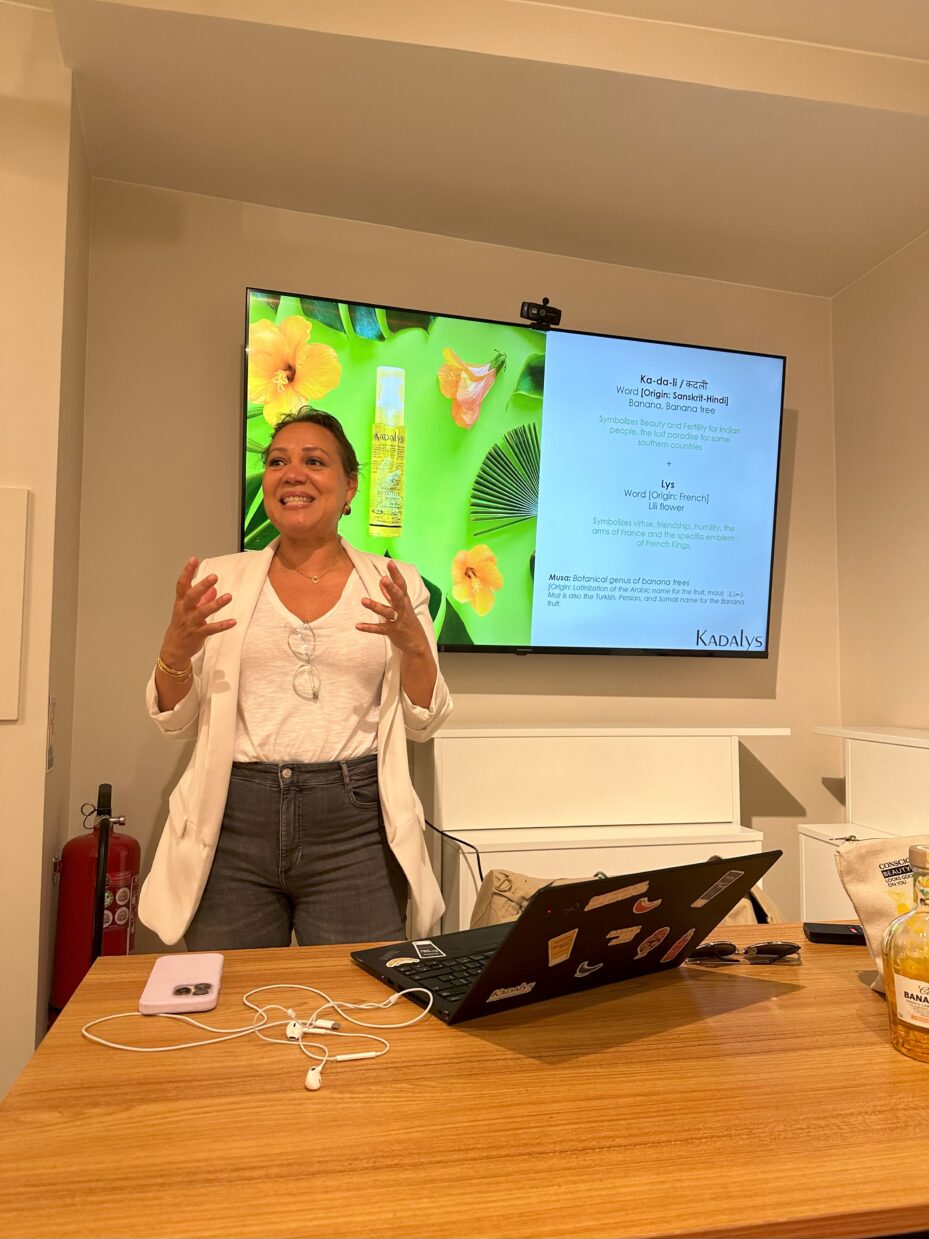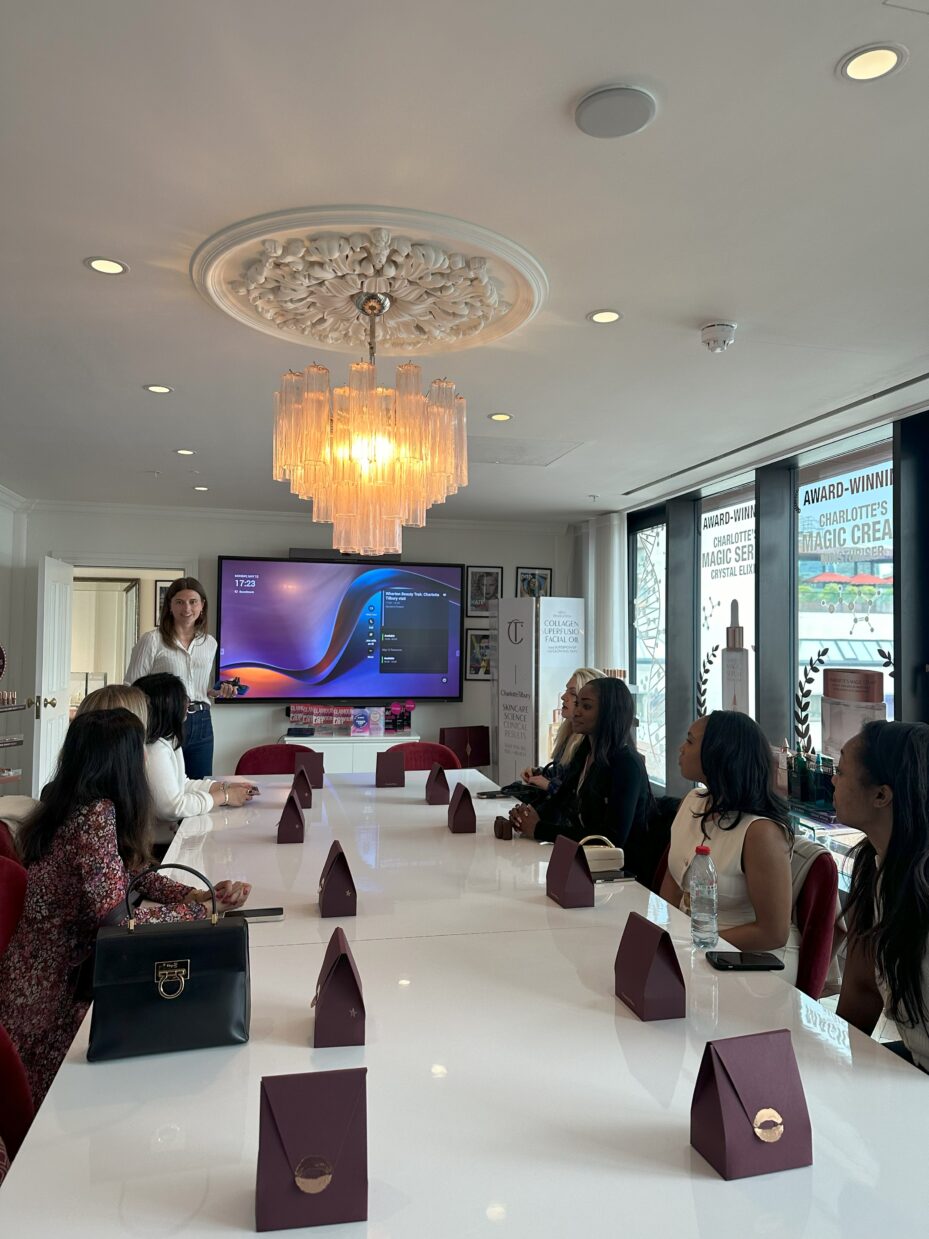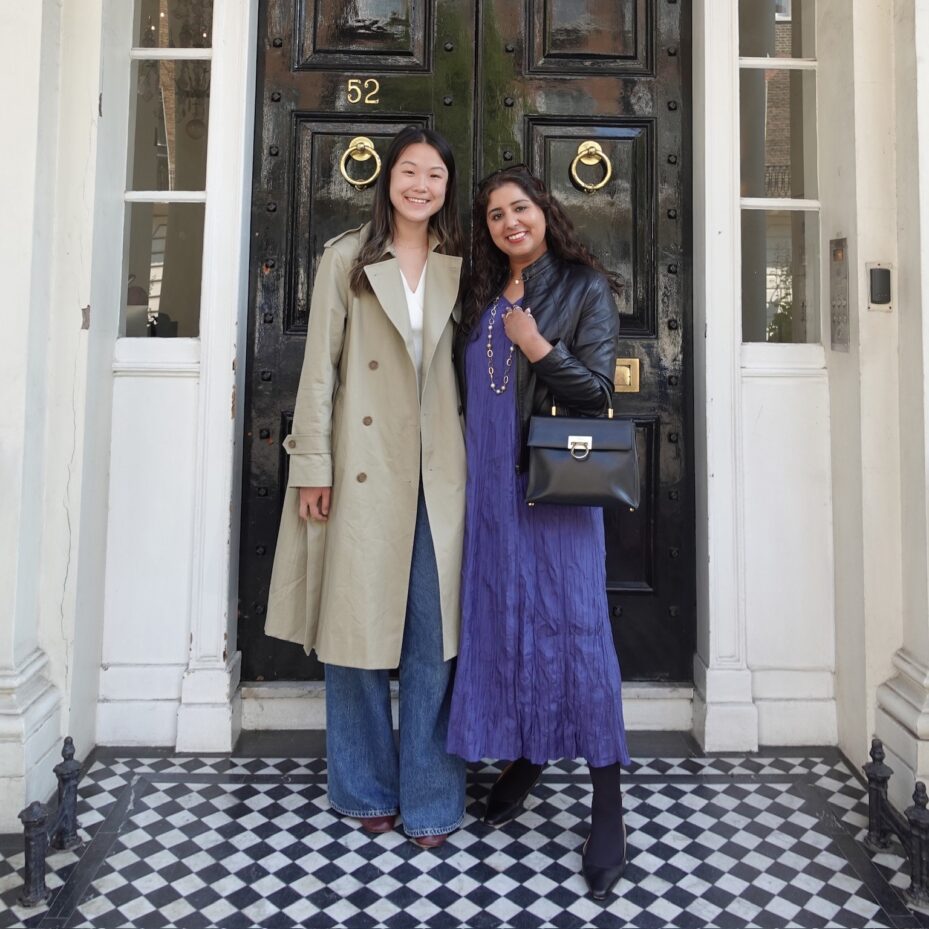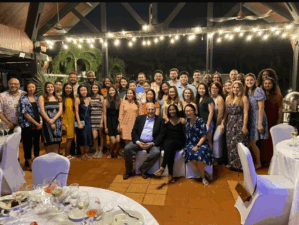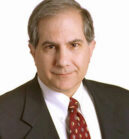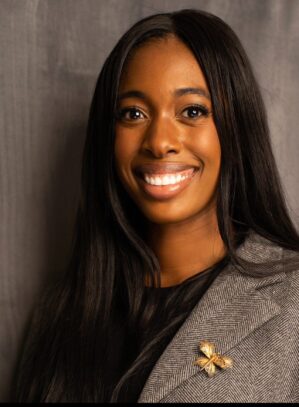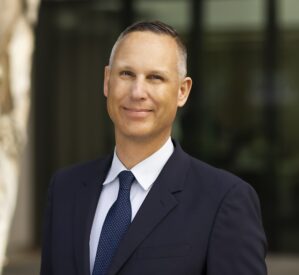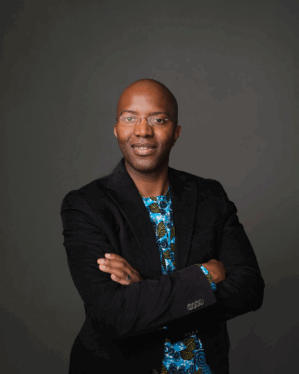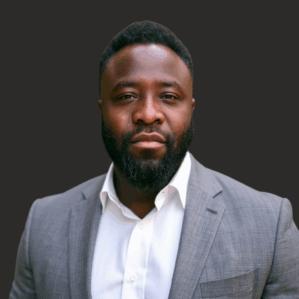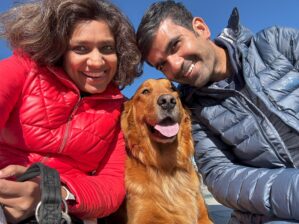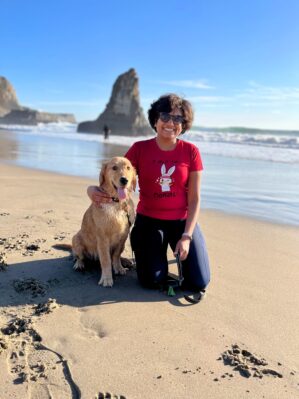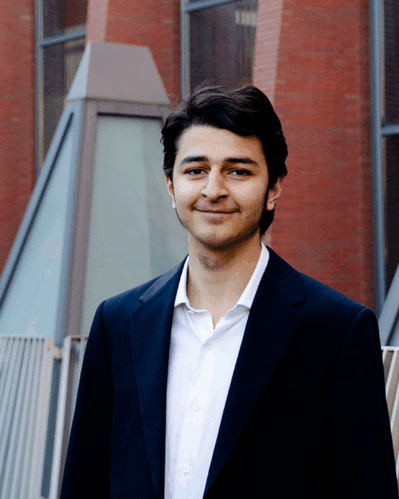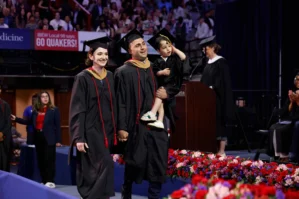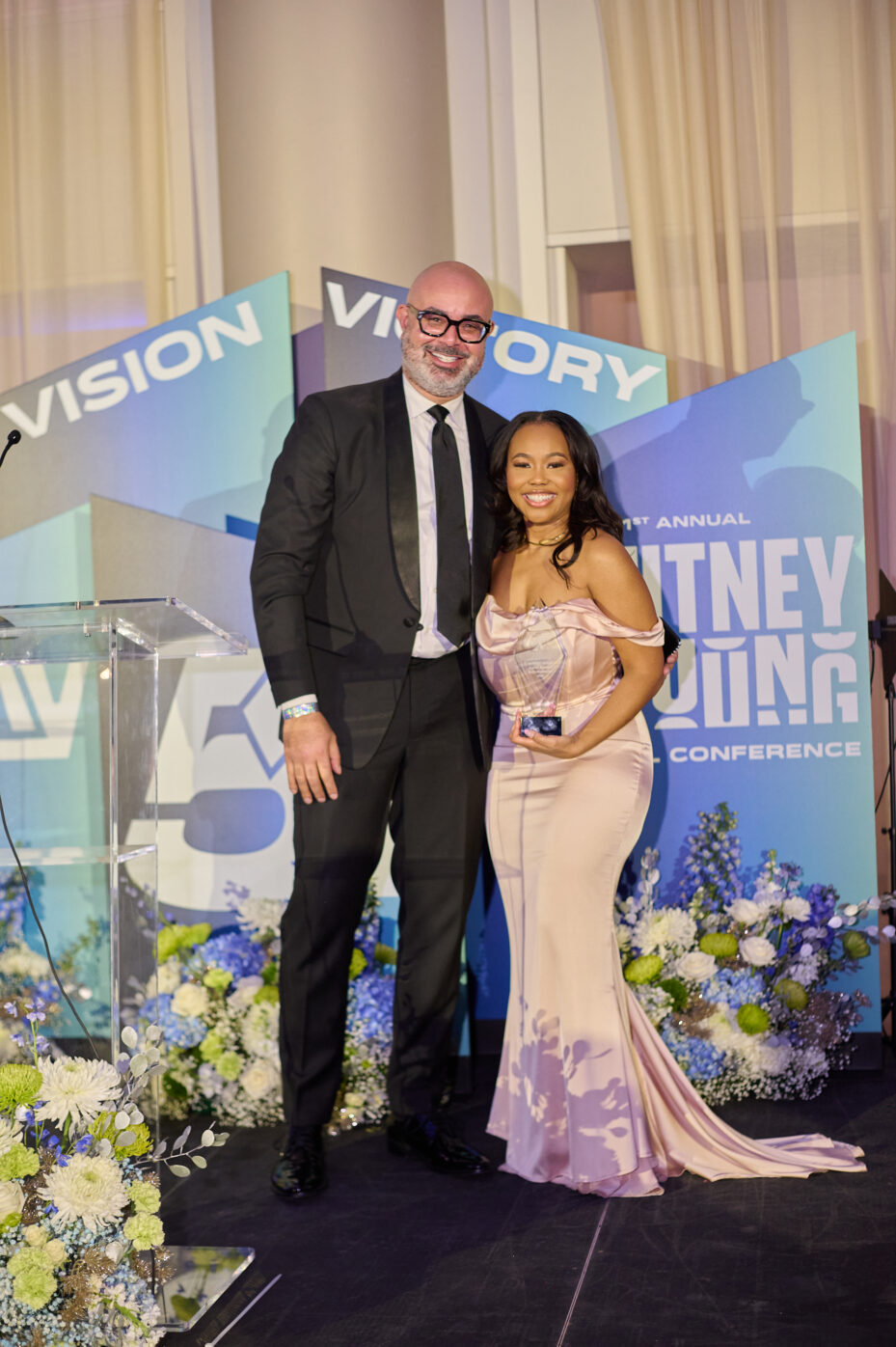Two years. Two majors. Four global courses spanning Sweden, Rwanda, Colombia, and Germany. Two Leadership Ventures in Antarctica and New Zealand. Seven continents visited. Twenty-three group projects, over 700 classroom hours, and more than 600 hours of self-study.
But those numbers only tell part of Julie Zhao’s, WG’25, journey in Wharton’s MBA Program for Executives.
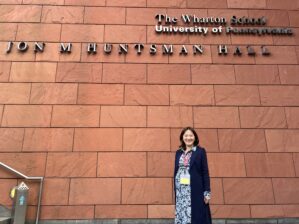
Julie began the EMBA program 36 weeks pregnant—with a toddler already at home. Two weeks later, while taking an accounting quiz, she went into labor.
“Some called me crazy,” Julie admits. “But I didn’t hesitate. There’s no perfect timing because the best time is now.”
Her decision to apply to Wharton was inspired by the “amazing Wharton women” who came before her. “During a coffee chat, I met so many women who had grown their families during the program. They encouraged me to believe it was possible.”
Julie prepared for the challenge. Her mother came from China to help care for her toddler and newborn, and the family travelled together to Philadelphia during class weekends.
She also leaned on the Wharton community. “My class manager offered to connect me with alumnae who had kids during the program and ensured I had space for pumping. My classmates were incredibly supportive, carrying my luggage at Orientation and showing constant compassion. I felt the love everywhere.”
Managing time became critical, especially in the early months. “Not only was I adjusting to a newborn, but I had to re-learn how to be a student,” she says. “I had to plan every hour carefully.”
The situation became even more challenging when her mother returned to China and her father, who came to help, suffered a medical emergency. Julie suddenly found herself juggling work, school, parenting, and caregiving.
“I was completely overwhelmed,” she recalls. She reached out to a classmate—another mom in the program—who reminded her that “this is all temporary.” That perspective helped her push through. And things did get better.
Julie embraced the full spectrum of Wharton’s leadership and global opportunities. One standout was the Leadership Venture in Antarctica.
“That wasn’t just a Wharton highlight—it was a life highlight,” she says. “It was a leadership journey that made me see myself differently.”
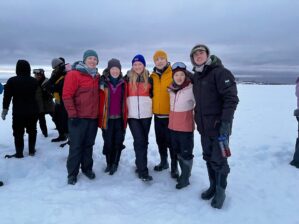
On one glacier hike, volunteers were asked to carry extra gear. Julie, just six months postpartum, realized she physically couldn’t help. “As a Type A overachiever, that was hard to admit. But our guide said something powerful: that sometimes, the most important leadership act is letting go of your ego, knowing what you can and what you cannot do, and asking for help. That was a lightning-bolt moment for me.”
Another highlight was launching her own company. During an Entrepreneurship course with Professor Tyler Wry, Julie and her team developed ValueFurnish, a startup focused on selling returned furniture in like-new condition at a discount.
“It’s a win-win-win,” she explains. “Brands recoup losses, customers get a deal, and it’s good for the environment because furniture finds a home.”
After the class, Julie and a teammate continued building the company, with support from Wharton’s Venture Lab. Today, ValueFurnish is working with two furniture brands and planning to bring more on board.
“I always wanted to try entrepreneurship but never had a real opportunity before,” Julie says. “Wharton’s ecosystem gave me the tools, the support, and the network to make it real.”
Looking back, Julie says her time at Wharton was “absolutely worthwhile.” She explains, “This is a life changing experience. Each student grows so much in the program, getting stronger and better.”
By Meghan Laska
Posted: August 4, 2025




